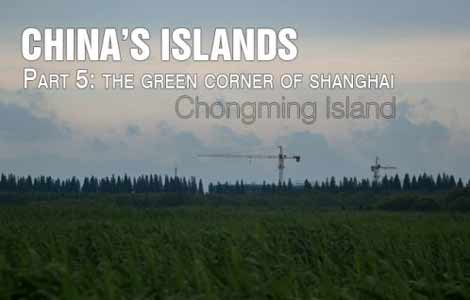Decades-long reforms pave way for Shanghai FTZ
Updated: 2013-09-30 17:02
(Xinhua)
|
||||||||
BEIJING -- Standing on giants' shoulders to see further, China's metropolis Shanghai now tests and spearheads the nation's reform and opening-up drive, after an economic miracle created through such efforts spanning more than 30 years.
Aiming to further facilitate trade and investment as well as to fully deepen reforms and widen opening up, the world's second-largest economy has set a new experimental field through the establishment of a pilot free trade zone (FTZ) in Shanghai, which began operation on Sunday.
The Chinese government said the initiation of the FTZ is a national strategic necessity in that it will help speed up the government's functional change toward less market intervention and explore innovation and management methodology.
"The inauguration of the Shanghai FTZ is not without a reason. It is built on a mutually boosting mechanism between opening up and reform for nearly 35 years," said Zhou Hanmin, vice chairman of the Chinese People's Political Consultative Conference Shanghai Committee.
Unlike previous special economic zones launched by China, the Shanghai FTZ stresses the service sector, rather than export-oriented manufacturing.
Lowering tariffs and introducing favorable policies in selected economic zones used to be the hallmark of opening up; however, the FTZ is different in that it does not emphasize reduction of tariffs, but rather convenience for trade and investment, said Zhang Youwen, a researcher on world economy at the Shanghai Academy of Social Sciences.
"The Shanghai FTZ represents the highest opening standard so far in China. It has marked the fourth step in the country's reform and opening up in the past 35 years," added Chang Xiuze, a researcher with the National Center for Economic Research at Tsinghua University.
Previous reforms included the founding of the special economic zone in Shenzhen of south China's Guangdong province in 1980, the confirmation on China's socialist market economy status in the early 1990s, and China's entry into the World Trade Organization in 2001.
Chang said that these efforts and trials had brought about huge transformations to China's economic, political, cultural and social fields, and continuously revitalized China out of its rigid systems.
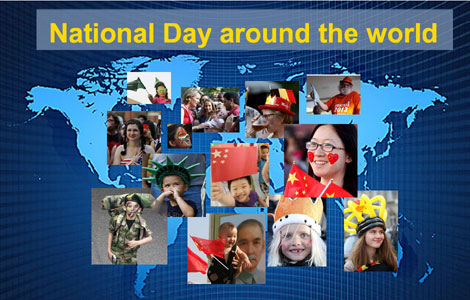
 National Day holidays around the world
National Day holidays around the world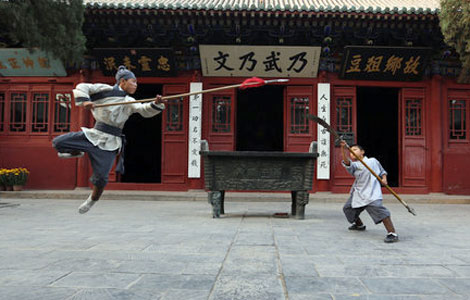
 Martial arts to attract golden week tourists
Martial arts to attract golden week tourists
 Investing a nation's wealth wisely
Investing a nation's wealth wisely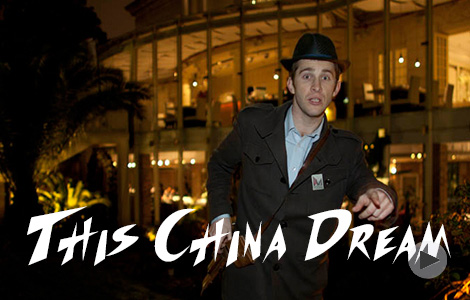
 This China Dream
This China Dream
 Williams, Li into second round at China Open
Williams, Li into second round at China Open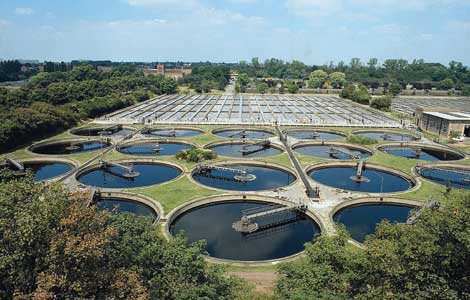
 Visible face of CIC investment
Visible face of CIC investment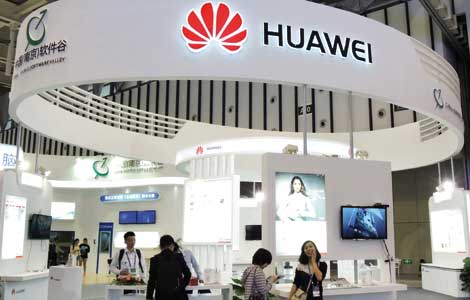
 Up, up, Huawei finds new friends in Europe nations
Up, up, Huawei finds new friends in Europe nations
 Yuxi to shield Fuxian Lake by creating wetland area
Yuxi to shield Fuxian Lake by creating wetland area
Most Viewed
Editor's Picks

|

|

|

|

|

|
Today's Top News
China issues guidance for government purchases
China calls on APEC to promote FTA integration
Japan, US kicks off 2nd round of TPP-related talks
Website launched to assist expat professionals
Shanghai opens free trade zone
50 foreign experts honored with Friendship Awards
Academic warns Obama on Pacific policy
US Confucius Institutes gather
US Weekly

|

|


